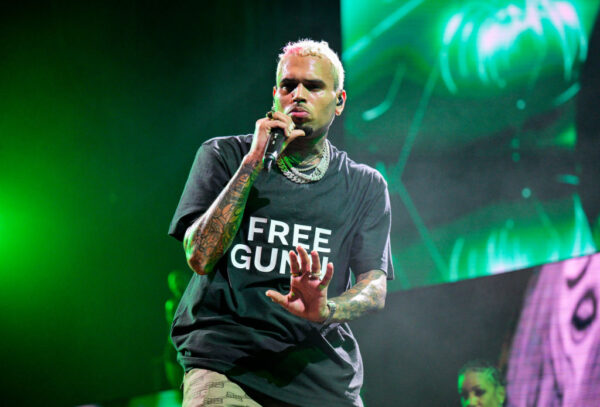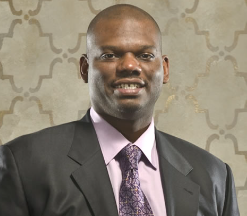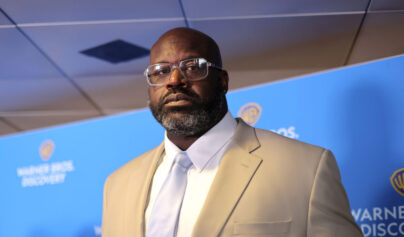Grammy Award-winning singer-songwriter Chris Brown purportedly has a big appetite when it comes to the fast food industry being a lucrative investment.
The Virginia native is among a list of music artists and celebrities who are said to be restaurant franchisees. In 2015, Brown said in an interview with US Weekly’s “25 Things You Don’t Know About Me” that he owned 14 Burger King restaurants, although he has offered little in the way details about this then or since.

Burger King has over 18,000 locations worldwide, with roughly 7,000 restaurants in the U.S. The fast food giant generated $1.81 billion in revenue during the 2021 financial year across its global operations.
According to Franchise Help, Burger King requires a $50,000 franchise fee from the franchise owner. The franchise owner must also pay for all the costs associated with starting a new fast food restaurant. And they must have at least $500,000 in liquidity and a net worth of at least $1.5 million.
Brown has a net worth of an estimated $50 million. He has other investments, such as the clothing line he launched in 2015 called Black Pyramid. Since 2007 he has operated a record label under Interscope called CBE (Chris Brown Entertainment).
Brown has been creative in ways to generate cash. Last month, he held a meet-and-greet with fans, and if you wanted to take a photo with the singer, you had to cough up a cool $1,000.
This came on the heels of a lackluster NFT venture. Also in July, he debuted an NFT collection called Breezyverse. But not too many people are buying it.
Breezyverse is a set of 10,000 NFTs that he started selling on July 1. Each of the NFTs is an animation of singer Brown posing like a superhero atop a structure, but each is different. As of July 18, only 299 — or 3 percent of the collection — Breezyverse NFTs sold, Digital Music News reported. The NTFs go for .35 ether each, which is about $440.
Numerous other celebrities have sought ownership in well-known regional and national fast food chains, including Kanye West, who is also a franchise owner of 10 Burger locations, and hip-hop producer Pharell William’s partnership with Fatburger to open several locations in China.
Food franchise ownership doesn’t come without accountability as owners are responsible for all aspects of the business, from day-to-day operations to human resources. Rapper, Rick Ross owns five Wingstop restaurants under his company, Boss Wing Enterprises, in South Haven Mississippi. The U.S. Department of Labor found that the company had illegally made workers pay for their uniforms, required training, background checks, and were penalized for shortages at cash registers.
Ross, who owns 30 Wingstop locations across the U.S. addressed the violations in an Instagram Story that has since expired, saying that he takes full responsibility.
”When you’re running a business, there will be mistakes but as the biggest boss, you never make the same mistake twice,” the musician said. “Taking accountability is big when you’re the biggest.”
It’s becoming increasingly common for musicians to pursue other investments and entrepreneurial endeavors unrelated to their profession. Yet, sometimes those ventures aren’t successful as envisioned so having a connection with a larger brand with visibility and that is profitable has made fast food chains an attractive bet.
Renowned comedian, and now restaurateur, Kevin Hart recently cut the ribbon for the opening of new fast food, plant-based restaurant chain, Hart House in Los Angles. Hart has been a devoted investor in local food and beverage companies. The North Philadelphian teamed up with hip-hop mogul Jay-Z, among other notable investors on a $20 million series B investment in Hungry, a catering app designed for independent chefs.
Restaurant Brands International, the parent company of Burger King beat Wall Street estimates for its second-quarter earnings and revenue this month after the company reported strong international sales that have been aided by higher menu prices amid rising inflation.




